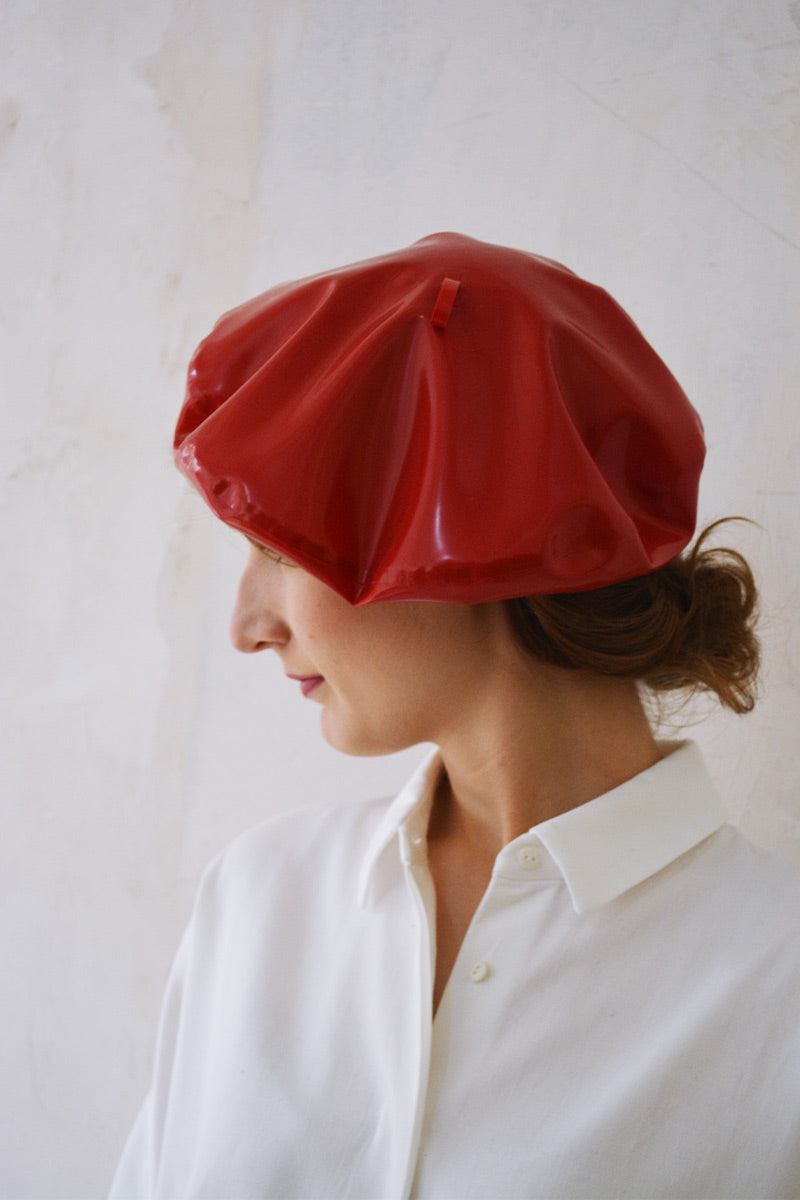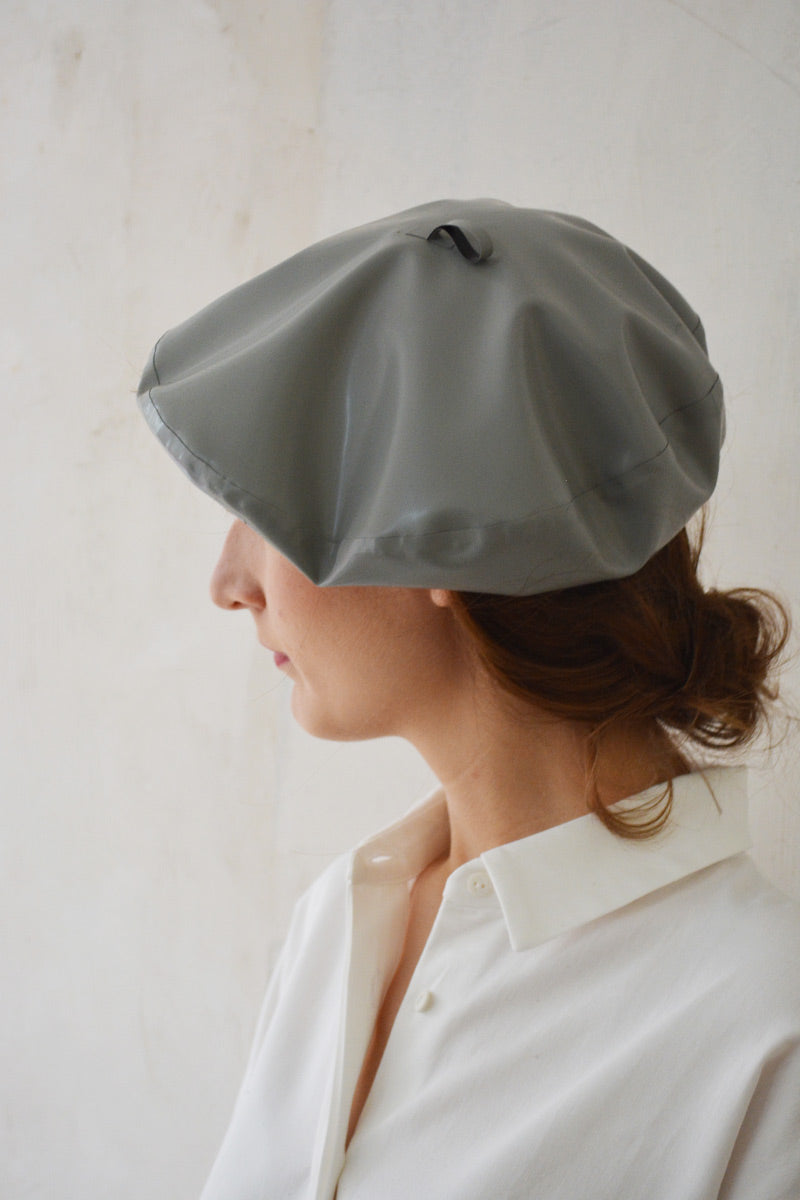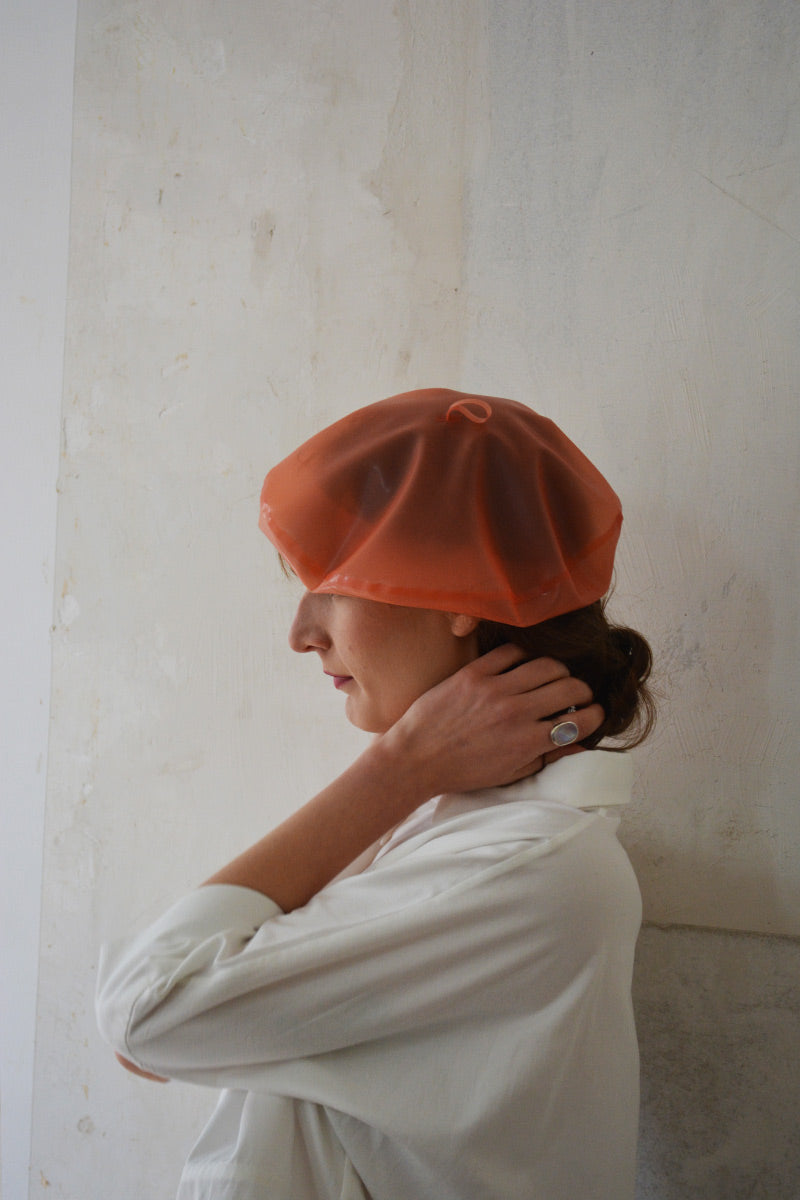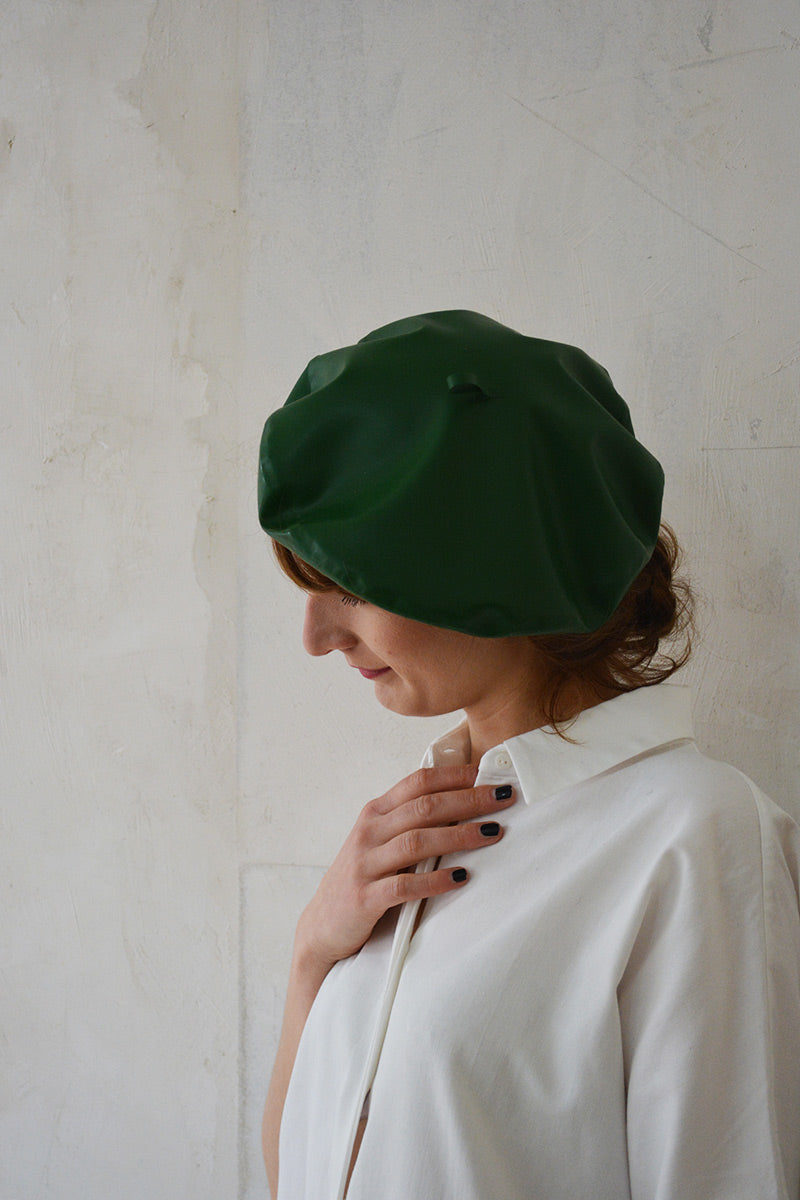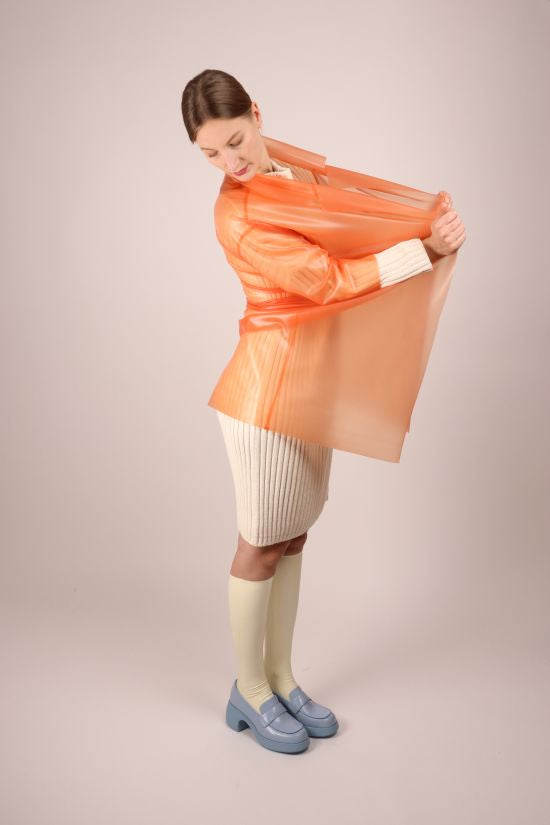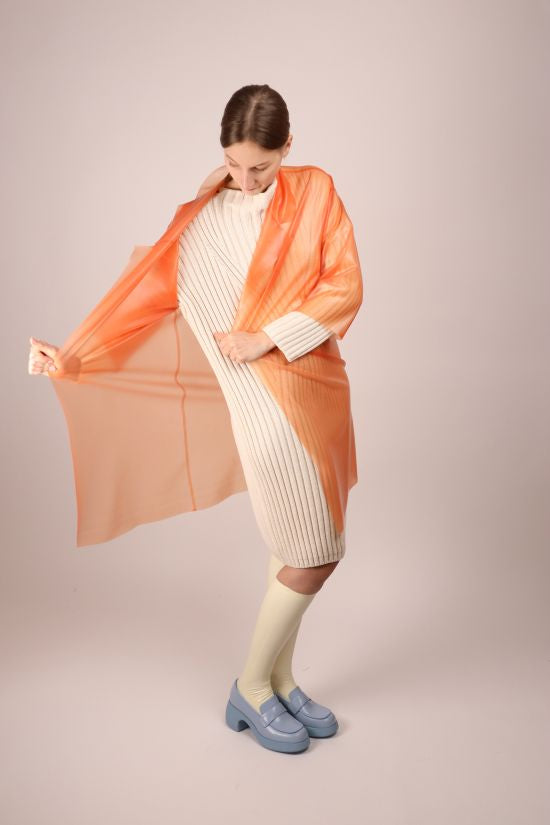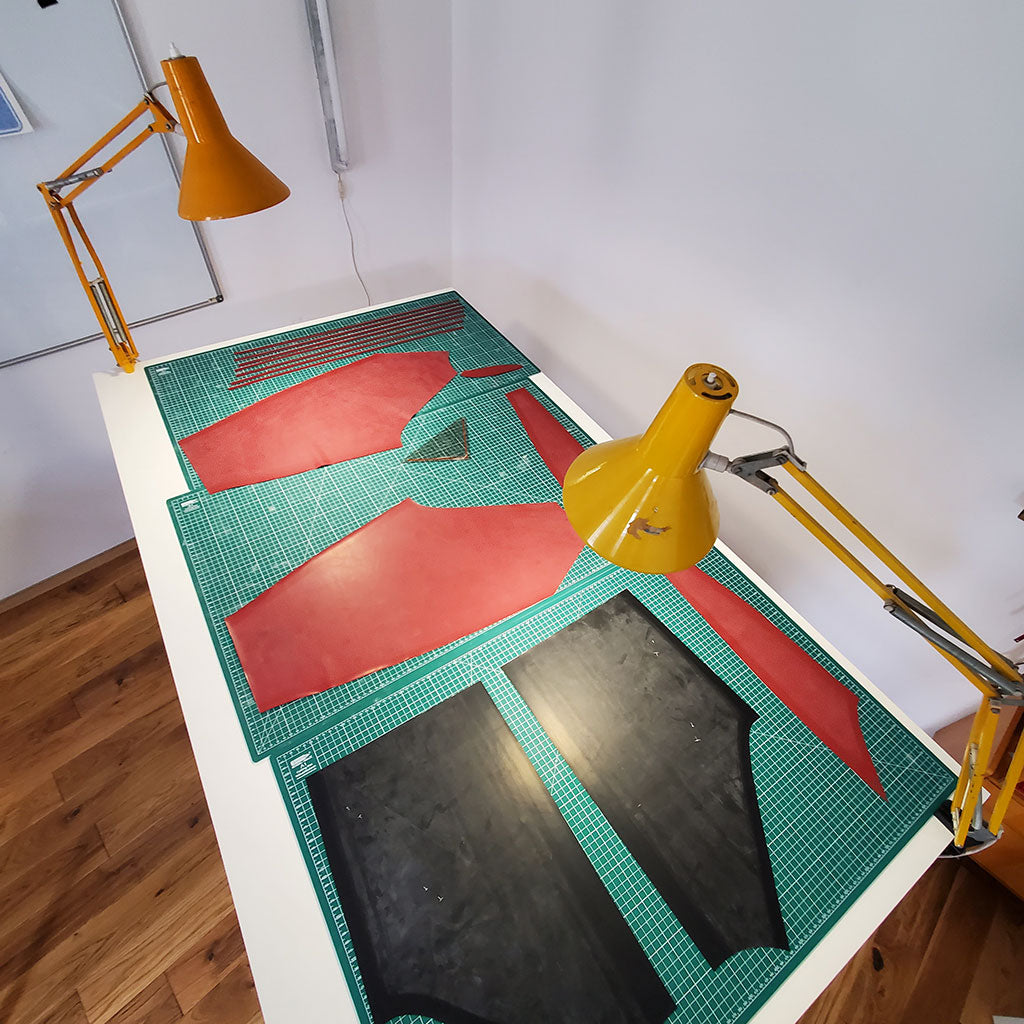









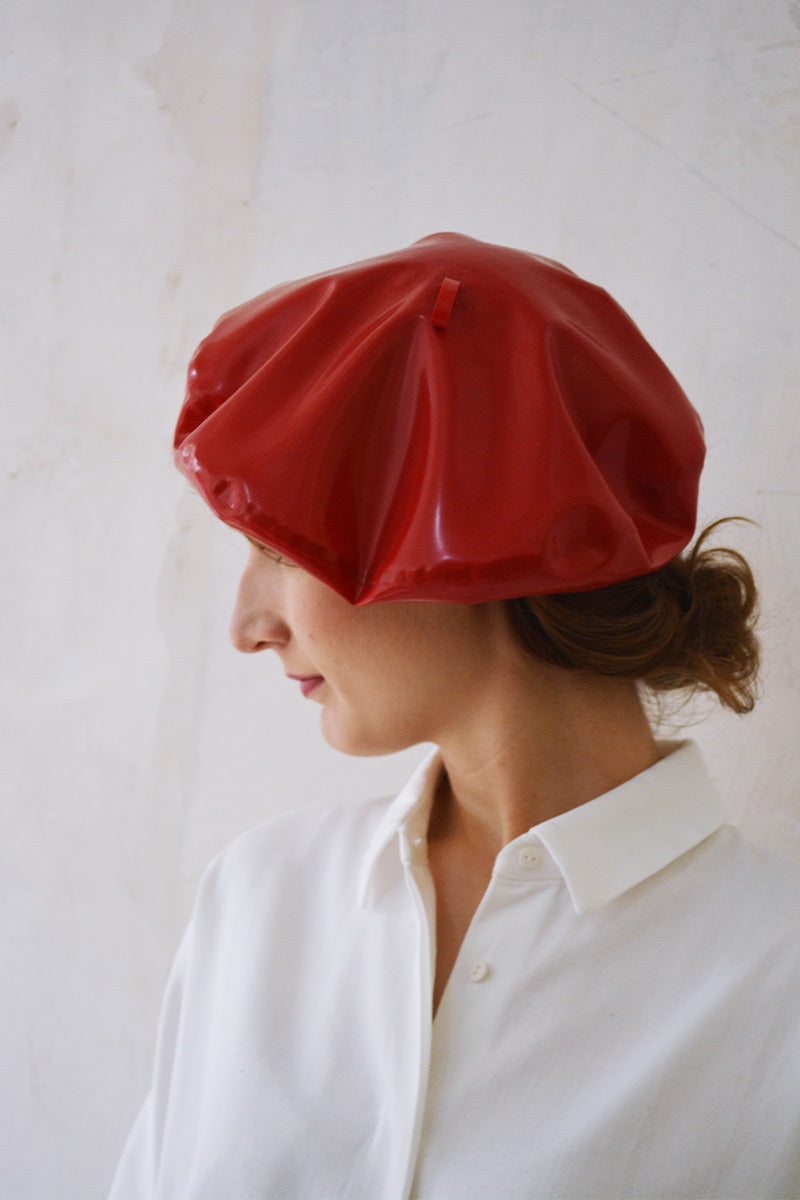
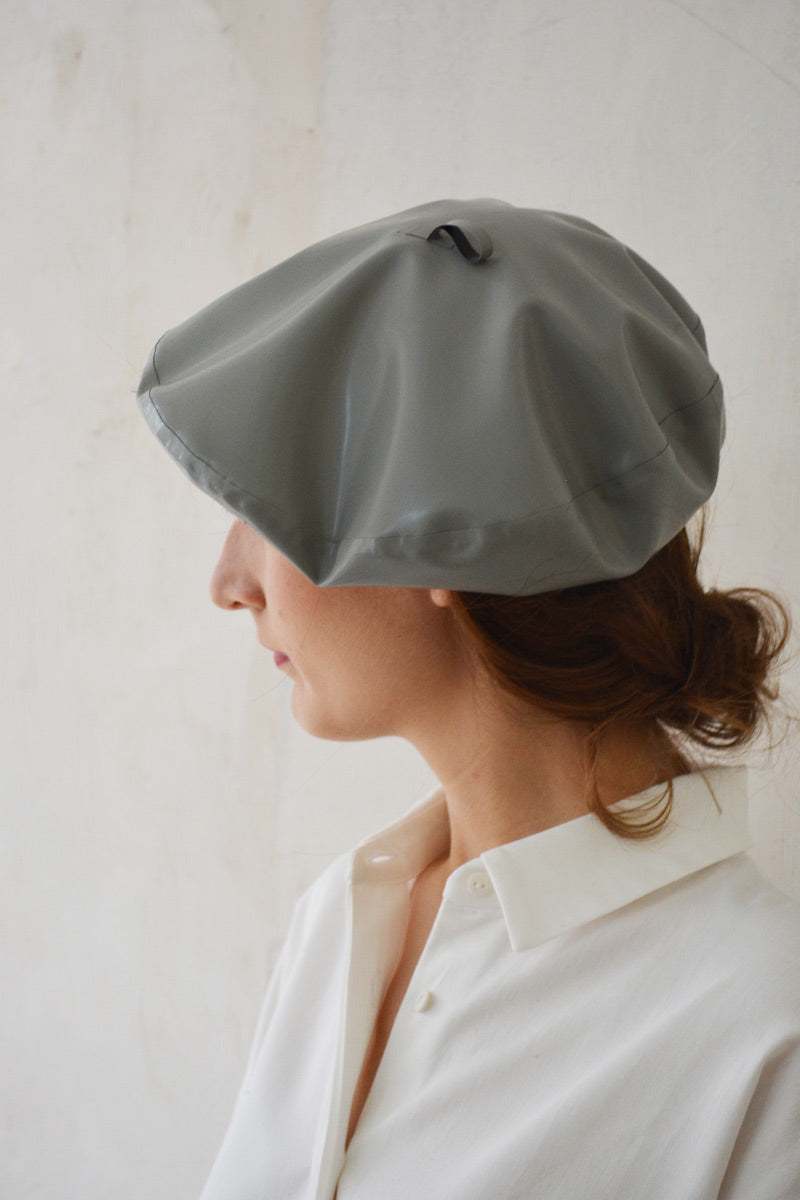
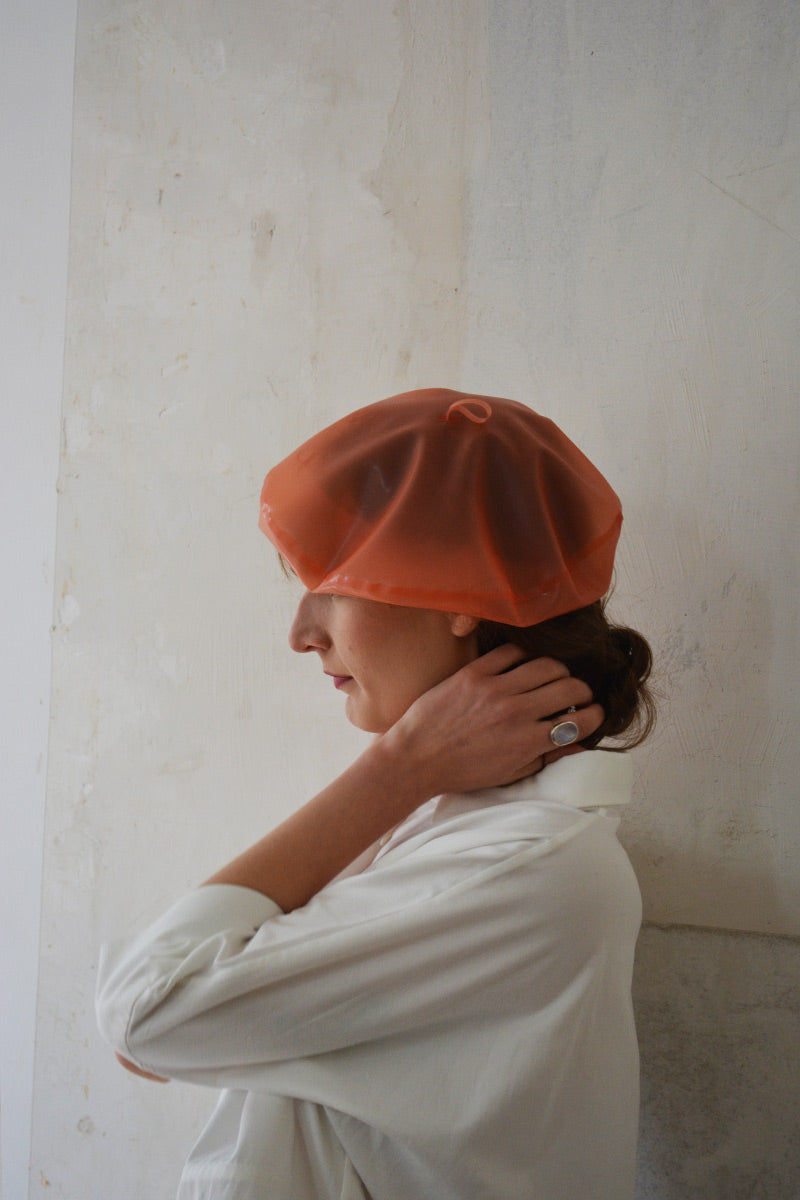
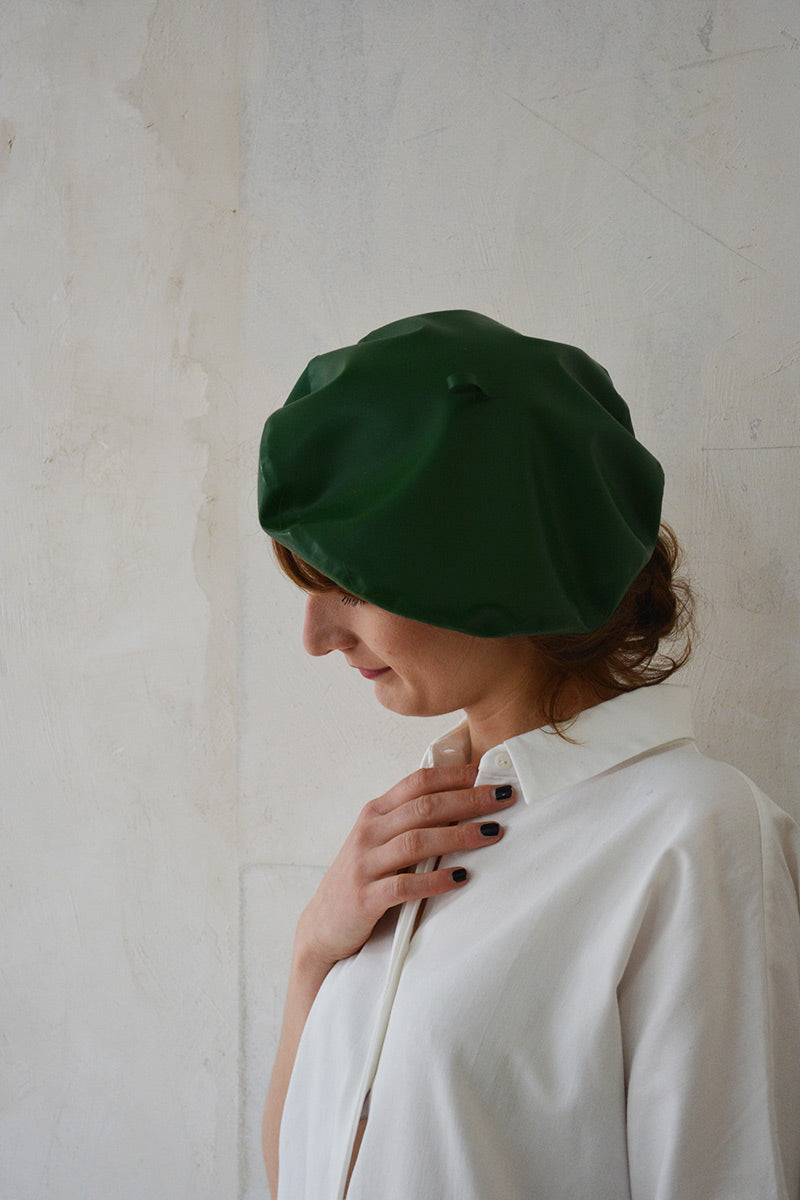


Latex Garment Care
How careful do I have to be with my latex clothing?
Be very cautious with pointy and sharp objects like table edges and your finger nails. This usually does the trick: when you pull up your latex hold your fingers straight and pull & stretch the latex over your skin with your fingertips and never your nails.
Direct sunlight will bleach and damage the clothing. So store it in a dark, dry and cool place. (We recently found a company, beGLOSS, that makes UV sunlight protection silicone oil specially for latex that you wear as fashion key-pieces)
Jewelry and almost any type of metal, leather, nicotine and the nicotine on your fingers can discolor latex, especially the lighter latex colors. Please don’t use body lotion, deodorant and perfume on your body prior to putting on latex. They probably discolor your latex and the oils and fats they contain will damage the latex.
Only use talc powder, water-based lubricants or silicone oil made especially for use with latex clothing, and never other oils or greases like vaseline. The latter will damage your latex pieces.
Latex soaks up some of your sweat that your skin produces when you wear it. Therefore it is important to clean and groom your latex with silicone oil or talc powder right after wearing.
Do you have a few hints on how I should clean and service my latex after wearing?
Machine wash:
We've also tried washing our own latex items in our washing machine. It seems to work for some items, altough it looks like the glued seams suffer and open up from the prolonged mechanical stress and rubbing of the washing machine cycle. We usually use the express or fine wash program (about 30 minutes washing time) with the 40°C (hand-warm) temperature setting, and add about 2 teaspoons of latex washing agent or cheap dish washing liquid per latex piece. And we turn off the spinning cycle. Our machine supports this setting, but not all do.
So we recommend hand washing your items.
Hand wash:
- Fill a bathtub or washing basin or plastic basin with at least luke warm water so you can submerge your latex attire in it. Vary the amount of water with the amount of pieces you want to wash.
- Add about 2 teaspoons of latex washing agent per piece of clothing (1 pair of briefs = 1-2 teaspoons). This is what we recommend, but you can also use cheap dish washing liquid. Usually the cheaper products contain less skin norishing additives. In this case ‘less or no’ is better for your latex pieces.
- Thoroughly hand wash and let soak for another 10 minutes. Then drain the water.
- Rinse your items thoroughly with fresh luke warm water.
(the latex surfaces will now begin to stick together a little. this is totally OK.)
At this point it's decision-time:
A) You want to wear your latex piece again soon.
B) You’re not going to wear your piece for a few weeks or longer.
C) your piece is chlorinated.
Route A) again soon
- Fill up your bathtub or washing basin again with lukewarm water.
- Add 1-2 teaspoons of silicone oil per piece of latex clothing.
- Pull and stir your latex attire through the water-silicone bath until the items get evenly slick and slippery.
- Gently shake off the bigger water drops on the surface.
- Turn inside out & repeat.
- Hang to dry or put on a laundry rack. Remember to also turn your latex items inside out to dry.
Items with zippers or textile or lace inserts take longer to dry. Especially the textile strips of zippers need time to try all the way, from our experience at least a day or two of hanging.
Optional: when your latex pieces are all dry squeeze a few squirts of silicone lube on the insides and outsides of your garment. We then turn the garment inside out a few times to get the silicone oil evenly distributed over the garment.
Route B) storage
- Gently shake off the bigger water drops on the surface.
- Hang to dry or put on a laundry rack.
- When dry, thoroughly dust a good amount of talc powder on the piece. Applying talc to the dry side helps turning your piece inside out: freshly washed latex can be quite sticky.
- Then again hang to dry, and when dry dust with talc. To apply the talc powder evenly we do a little trick: we put the our items in a plastic box with a lid, sprinkle the talc podwer over the latex piece, close the lid and shake the box in all directions.
Items with zippers or textile or lace inserts take longer to dry. Especially the textile strips of zippers need time to try all the way, from our experience at least a day or two of hanging.
Before putting your latex on the next time just squirt a few bursts of silicone oil on your body as well as the insides of your garment and evenly distribute it (carefully shaking and wiggling it usually does the trick). For gloves turn them inside out only half the way so that the fingers are inside the ‘hand’, then add a drop of silicone oil on the inside, rub the glove between your hands, then blow a little air into the glove in order to make the freshly inside-lubed fingers pop out.
Route C) chlorinated
- Gently shake off the bigger water drops on the surface.
- Hang to dry or put on a laundry rack.
- When dry turn your piece inside out. Then again hang to dry.
- Every now and then add a few drops of silicone oil when washing your chlorinated latex, as described in Route A). Latex needs this as norishment on a regular basis, even when it's chlorinated.
Items with zippers or textile or lace inserts take longer to dry. Especially the textile strips of zippers need time to try all the way, from our experience at least a day or two of hanging.
Chlorinated Latex doesn't need lubing when you put it on. It has a silky surface and easily slides over dry skin.
You can always shine it up with silicone oil for latex clothing if you like the shiny look.
Best Regards,











